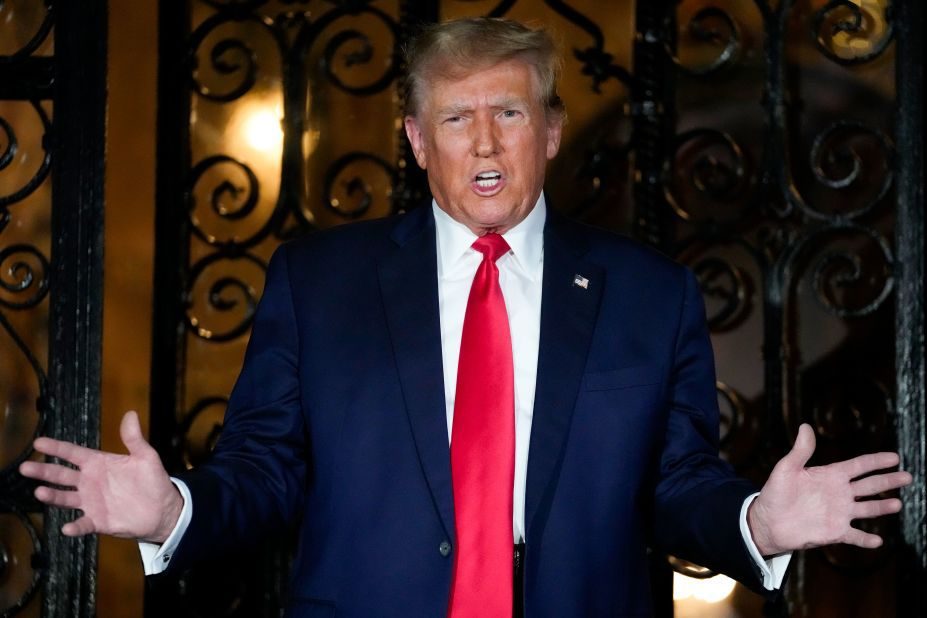Donald Trump attended a court session in Florida, where discussions unfolded around the potential delay of his criminal trial concerning the alleged mishandling of classified documents. While the trial was initially slated to begin in May, disagreements over evidence review have led to a legal impasse, with prosecutors proposing a July 8 start and Trump’s team pushing for a post-election commencement.
Court Proceedings and Arguments
During the session, which lasted three hours, Judge Aileen Cannon engaged with both parties on the necessary pre-trial procedures. Despite anticipation, no definitive trial date was established. Jay Bratt, representing the prosecution, expressed a mutual desire to proceed with the trial in the summer. Conversely, Todd Blanche, Trump’s attorney, advocated for a late November start to avoid the pressures of concurrent legal battles.
Judge Cannon critiqued the government’s pre-trial deadlines as overly ambitious, indicating a willingness to introduce flexibility into the schedule. Donald Trump, who faces 40 felony charges in this case, maintains his innocence. The charges allege that Trump retained sensitive national security documents at his Mar-a-Lago property and obstructed government efforts to retrieve them.
Political Context and Legal Challenges
As Trump edges closer to securing the Republican nomination for the 2024 presidential race, he has labeled the legal challenges against him as politically motivated. His legal team argues that a fair trial cannot occur this year without compromising constitutional rights. Meanwhile, Judge Cannon’s handling of the pre-trial process has been scrutinized, with some accusing her of delaying tactics.
The decision on the trial’s start date is pivotal, not only for this case but also for Trump’s other legal encounters. His New York trial concerning hush money payments is set to begin on March 25.


